 Shutterstock
Shutterstock
Dogs are wonderful companions, but their enthusiasm can sometimes lead to digging in the yard. Digging is a natural behavior for many dogs, though some breeds are more prone to it. It could be driven by curiosity, boredom, or an instinct passed down through generations. Understanding which breeds are more likely to dig can help you manage this behavior and maintain a tidy yard. Some dogs dig due to their instincts, energetic nature, or the need for mental stimulation and exercise to keep them content.
Terrier
 Shutterstock
Shutterstock
Terriers are notorious diggers, and it’s easy to understand why. Initially bred for hunting small prey, such as rats and badgers, terriers have an instinct to dig. This behavior was essential for their survival when they were tasked with burrowing into dens to catch their prey. Today, many terriers still exhibit this instinct, which can result in holes appearing in your yard.
Dachshund
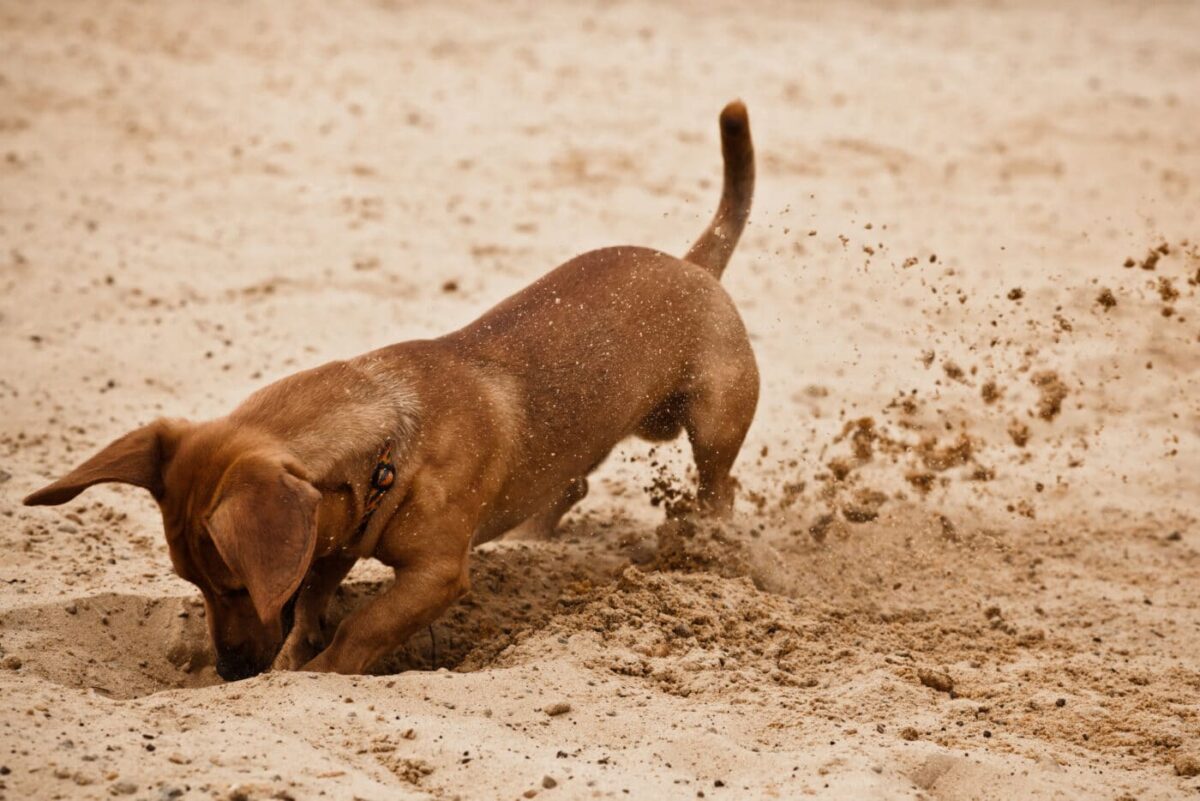 Shutterstock
Shutterstock
Dachshunds were originally bred for digging into burrows to catch badgers, and their digging instincts are still very much intact. Despite their small size, Dachshunds are powerful diggers. They love to dig in search of hidden objects or to create a cool spot to relax, especially during hot weather. Their long bodies and short legs make them excellent diggers, and they may do so out of curiosity, frustration, or boredom.
Husky
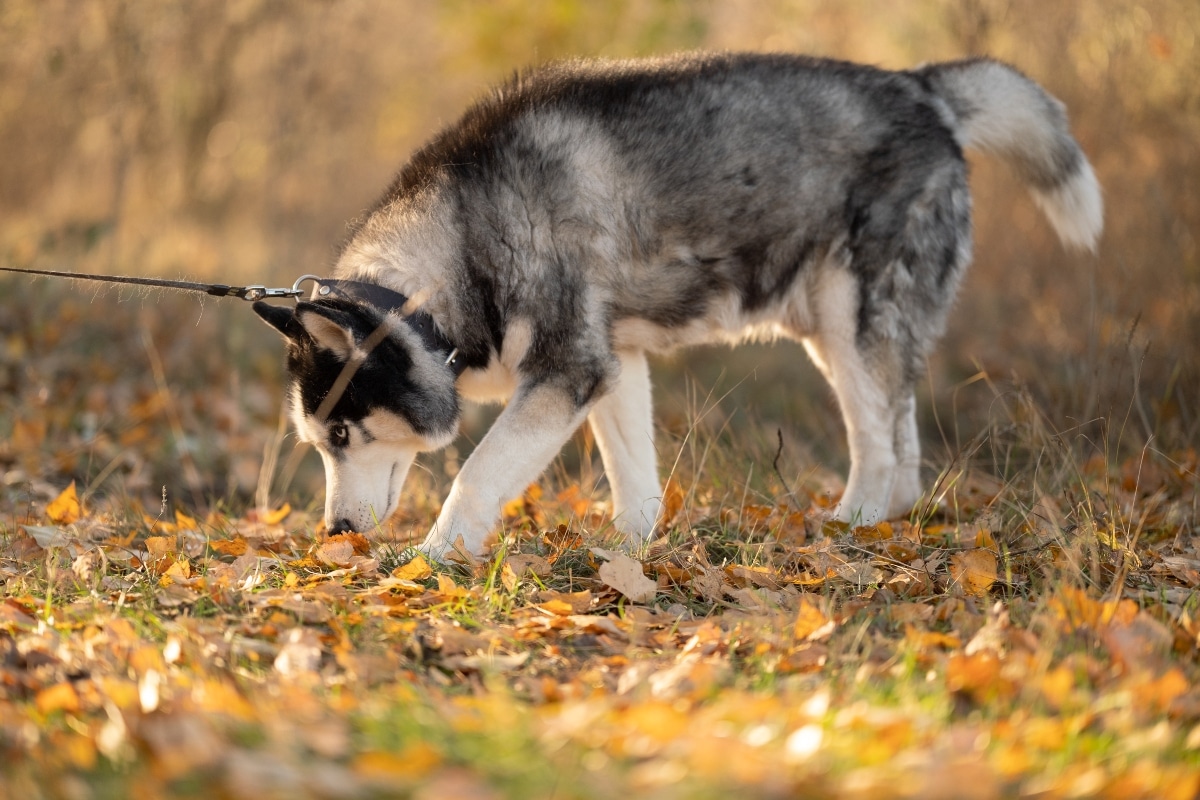 Shutterstock
Shutterstock
Huskies are energetic and independent dogs with a strong need for physical activity. Their instinct to dig often arises from boredom, excess energy, or an innate desire to create a cool spot to lie down in hot weather. These dogs were bred for pulling sleds in cold climates, so they enjoy being active. Without enough exercise, they may resort to digging to release their energy. Huskies also have a strong prey drive, which can lead them to dig in search of hidden animals or objects.
Beagle
 Shutterstock
Shutterstock
Beagles, known for their strong sense of smell, were bred as hunting dogs to track small game. Their digging habits often stem from their desire to track down scents buried in the ground. Beagles have an innate drive to dig in search of something they find interesting, and this can lead to them digging up your yard. Their natural curiosity and persistent nature make them prone to digging, especially when they catch a scent.
Australian Shepherd
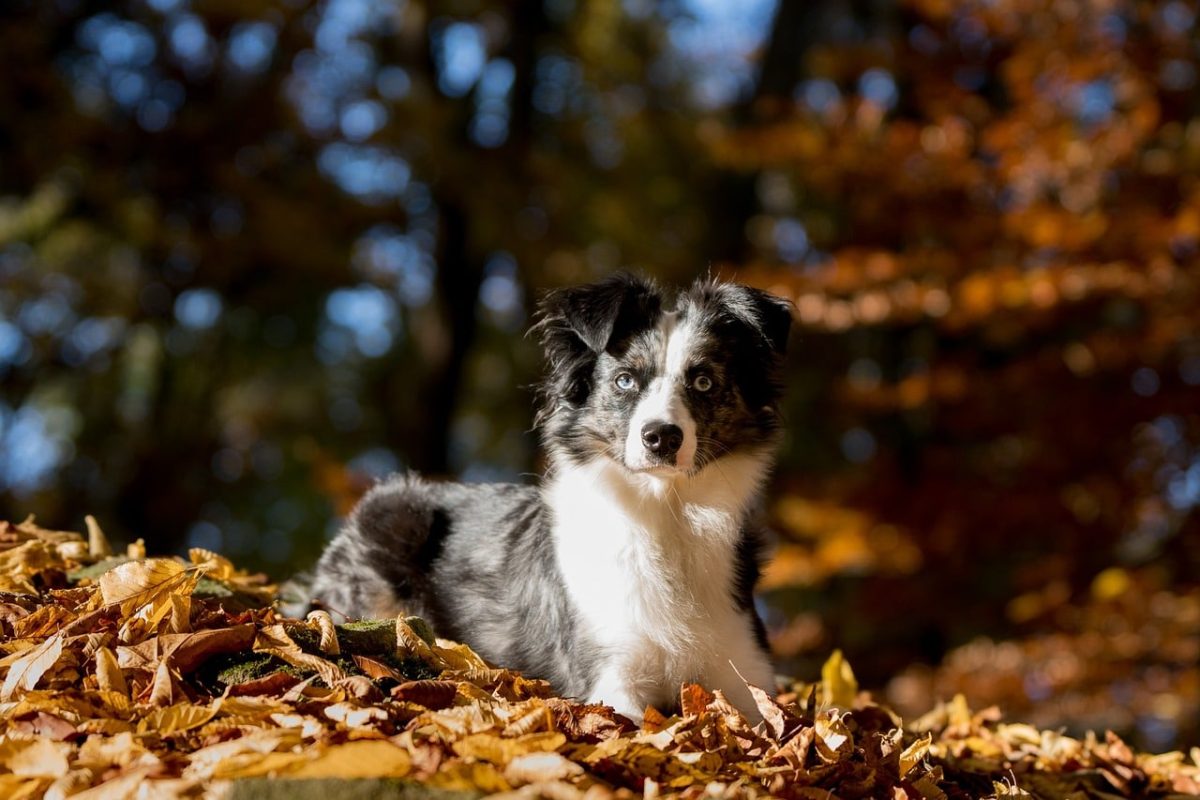 Shutterstock
Shutterstock
Australian Shepherds are intelligent and energetic dogs that require constant mental and physical stimulation. Without enough exercise, these dogs can become bored, and digging may become a way for them to release pent-up energy. They also have a herding instinct that compels them to move, and without a “job” to do, they may dig as a way to pass the time. Providing enough activities and tasks to engage their minds can prevent excessive digging behavior.
Border Collie
 Shutterstock
Shutterstock
Border Collies, like Australian Shepherds, are incredibly intelligent dogs that require constant mental stimulation. Without sufficient engagement, they may resort to digging as a means of coping with boredom. Their strong instinct to herd, combined with their high energy, means they need a lot of activity. Without proper exercise or engagement, they will often resort to digging as a way to relieve stress or expel energy.
Jack Russell Terrier
 Shutterstock
Shutterstock
The Jack Russell Terrier is another breed that’s well known for its love of digging. Originally bred for hunting small animals, their natural instincts often lead them to dig in pursuit of prey or simply to explore their surroundings. These dogs are highly energetic and need plenty of exercise and stimulation to keep them content. If Jack Russells aren’t provided with sufficient activities or mental challenges, they may dig out of boredom or curiosity, often leaving a trail of holes behind them.
Boxer
 Shutterstock
Shutterstock
Boxers are high-energy dogs that love to play and explore. When not given enough activities to burn off their energy, they often dig to entertain themselves. Their curious nature means they are always looking for something to do, and if digging offers a chance to play or discover something new, they won’t hesitate. Boxers are often more likely to dig in an attempt to release their boundless energy or find something interesting beneath the surface.
Greyhound
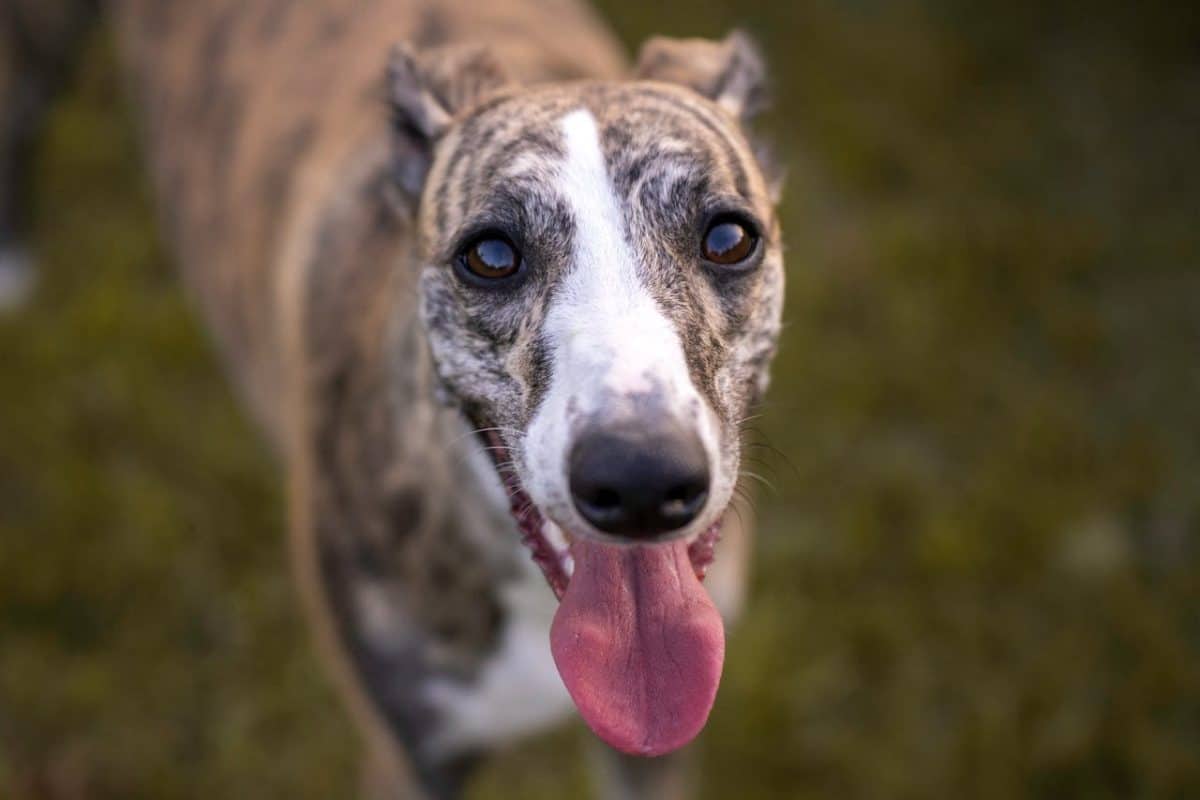 Shutterstock
Shutterstock
Despite their lean, fast appearance, Greyhounds can also be prone to digging. Their digging is usually done in an attempt to create a cool, comfortable resting spot, especially during warm weather. Greyhounds are sensitive dogs and may dig to alleviate discomfort or stress. If they are left in a yard without sufficient shelter or cool areas, they may resort to digging as a means to regulate their body temperature.
Rat Terrier
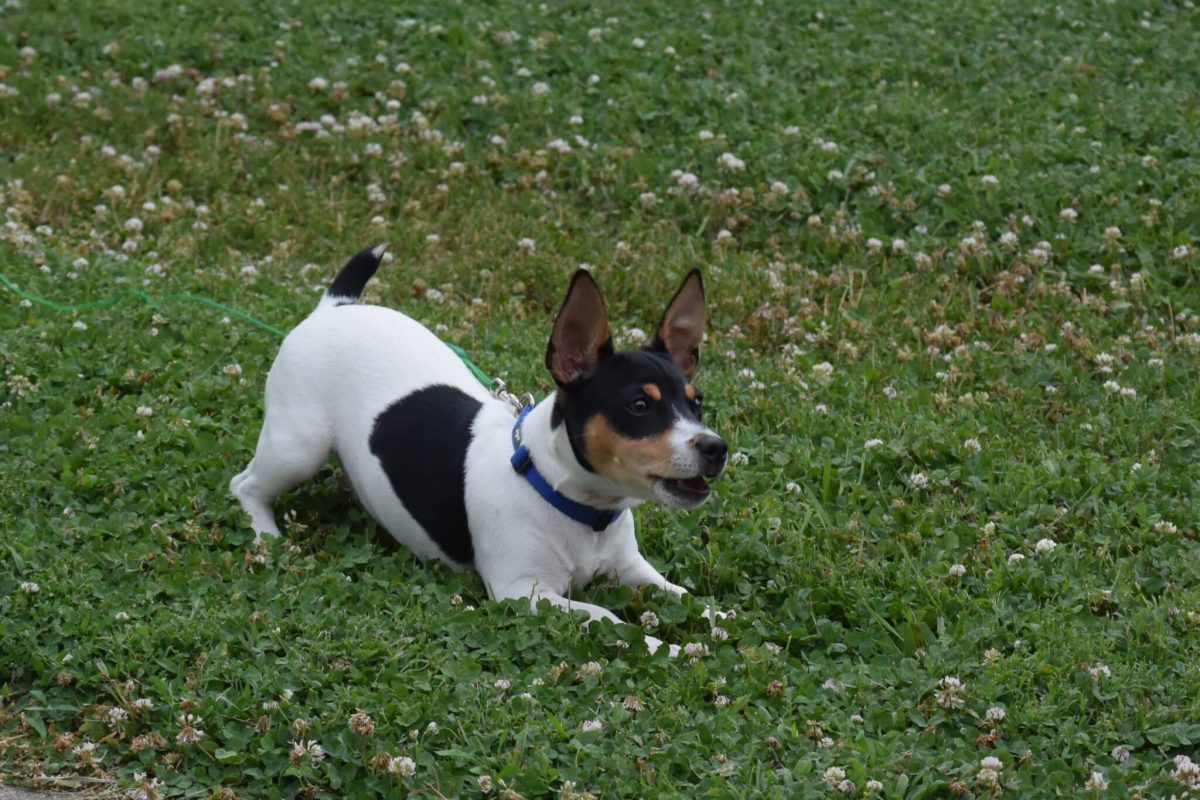 Shutterstock
Shutterstock
Rat Terriers are another breed with strong digging instincts, particularly due to their history as hunting dogs. These dogs were bred to dig out small prey, such as rats and other rodents, and they often carry this behavior into their home life. If not given enough exercise or stimulation, Rat Terriers may dig out of boredom or frustration. They are curious and energetic dogs, and without proper outlets for their energy, they may dig to release pent-up excitement.
Cocker Spaniel
 Shutterstock
Shutterstock
Cocker Spaniels are sensitive dogs that may dig when they are anxious or uncomfortable. They might dig to create a cool spot or to relieve stress, particularly if they are left outside in hot weather. Cocker Spaniels are also prone to separation anxiety, and this may lead to digging as a form of self-soothing. While they are generally not as driven to dig as some other breeds, they can still develop this habit if their emotional needs are not met.
Chihuahua
 Shutterstock
Shutterstock
Chihuahuas, though small, can be mighty diggers. Their digging behavior is often driven by territorial instincts and curiosity. Chihuahuas may dig to establish their space or to find a comfortable, cool spot to rest. Despite their small size, they can be persistent diggers, and their tendency to dig may increase if they feel anxious or threatened. Offering reassurance and enough playtime can help reduce this behavior.
Labrador Retriever
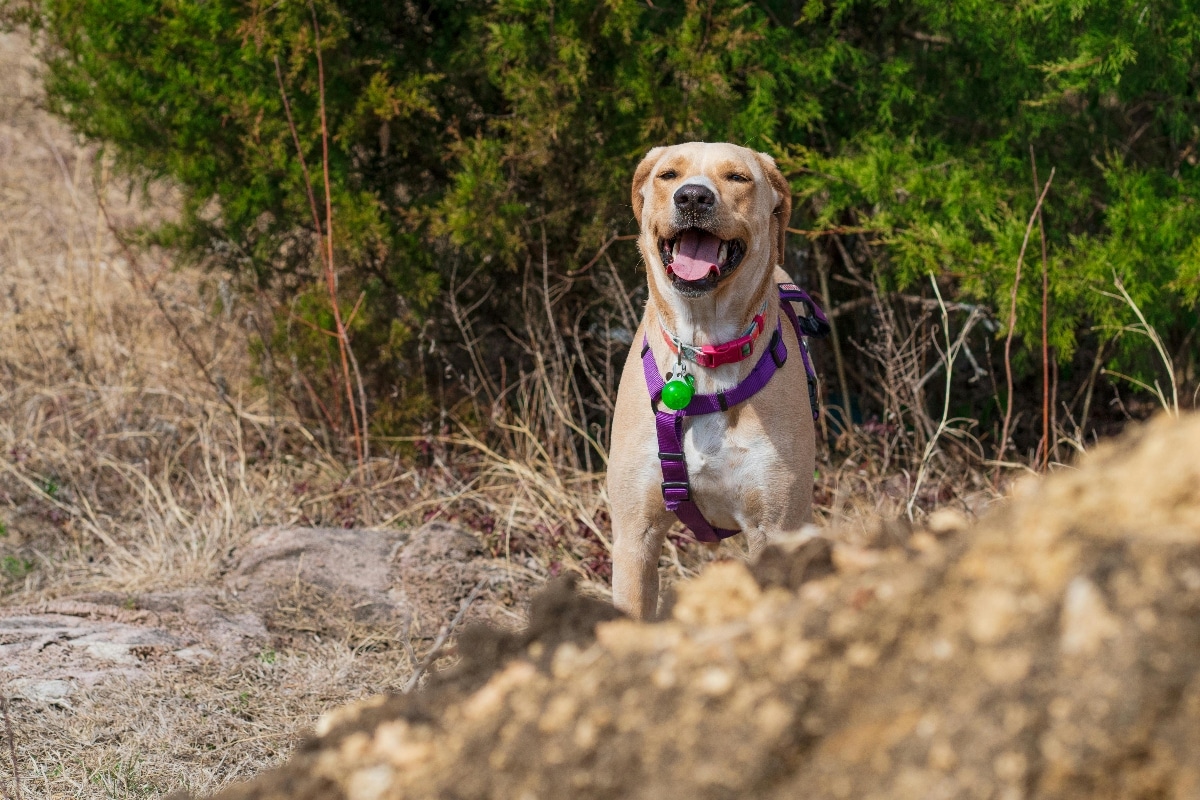 Shutterstock
Shutterstock
Labrador Retrievers are friendly, active dogs that love to explore and engage with their surroundings. They are highly energetic and often dig to release excess energy or to stay cool. Labradors may also dig if they are feeling bored or under-exercised. Their digging is often a result of their playful nature and curiosity. If they are not given enough exercise or mental stimulation, Labradors may dig as a means of self-entertainment. With proper engagement, their digging behavior can be minimized.
Belgian Malinois
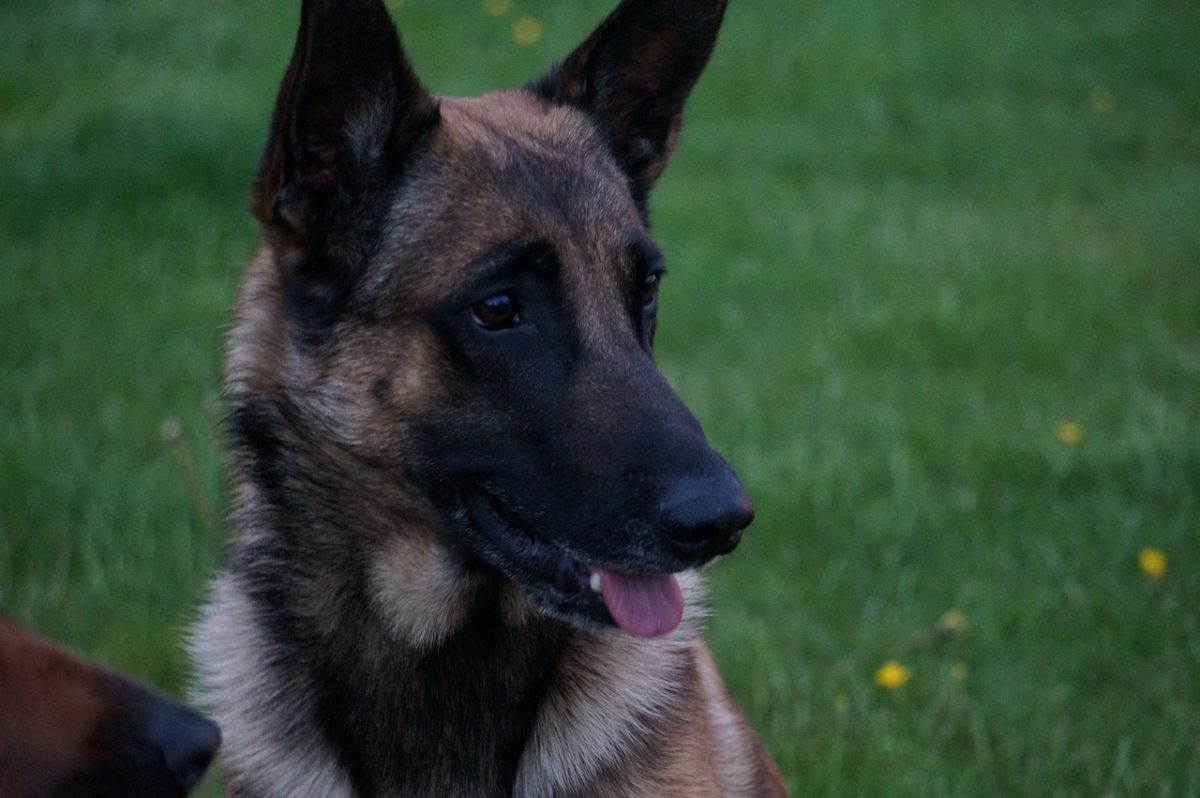 Shutterstock
Shutterstock
Belgian Malinois are highly energetic and intelligent working dogs. They thrive when given tasks and challenges, and without sufficient stimulation, they may resort to digging as a means of staying occupied. These dogs have a strong prey drive, which may also lead them to dig if they sense something underground. Providing them with enough mental and physical challenges is key to managing their digging behavior. If they are left without a proper outlet for their energy, digging can become a frequent problem.
Border Terrier
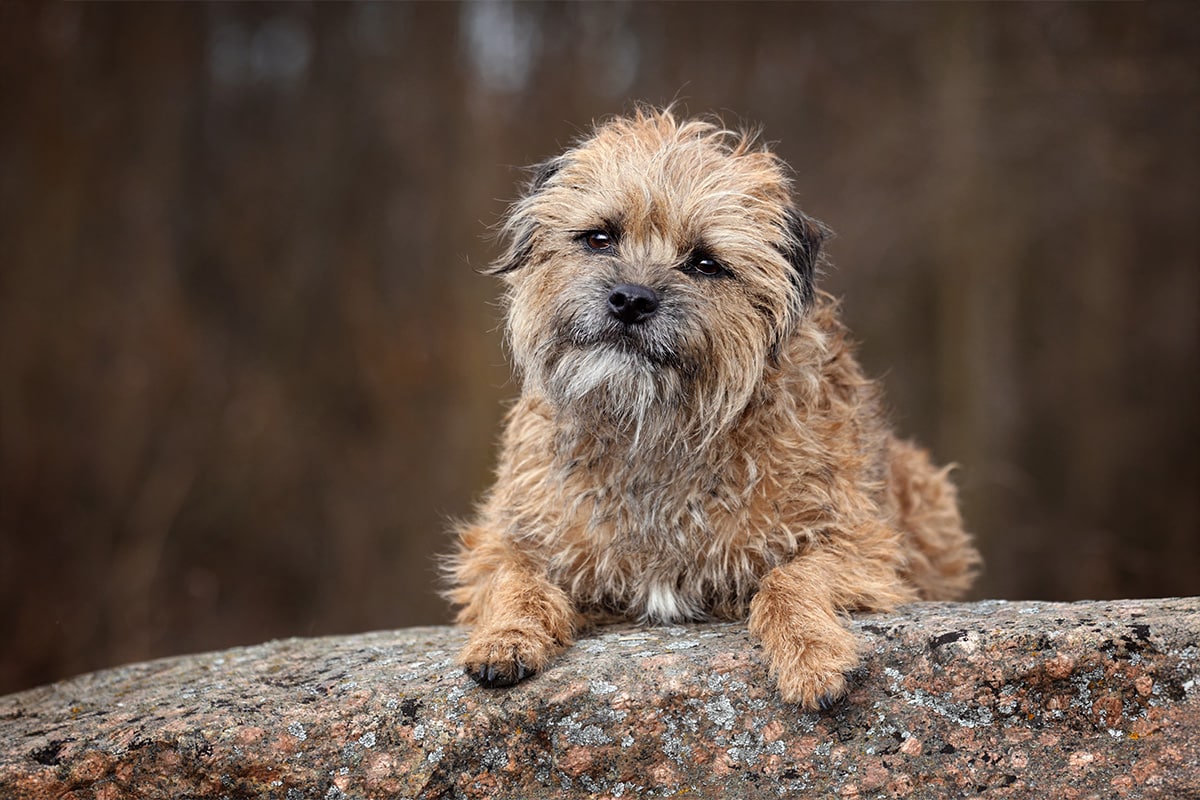 Shutterstock
Shutterstock
Border Terriers are small dogs with a big personality, and their digging instincts are linked to their history as ratters and burrowers. These dogs were originally bred to chase small game and dig into burrows, making them prone to digging in the yard. While they are generally friendly and affectionate, Border Terriers retain a strong hunting instinct that often leads them to dig. Their playful and energetic nature means that without enough stimulation, they may dig to release excess energy.
The Digging Dream Team
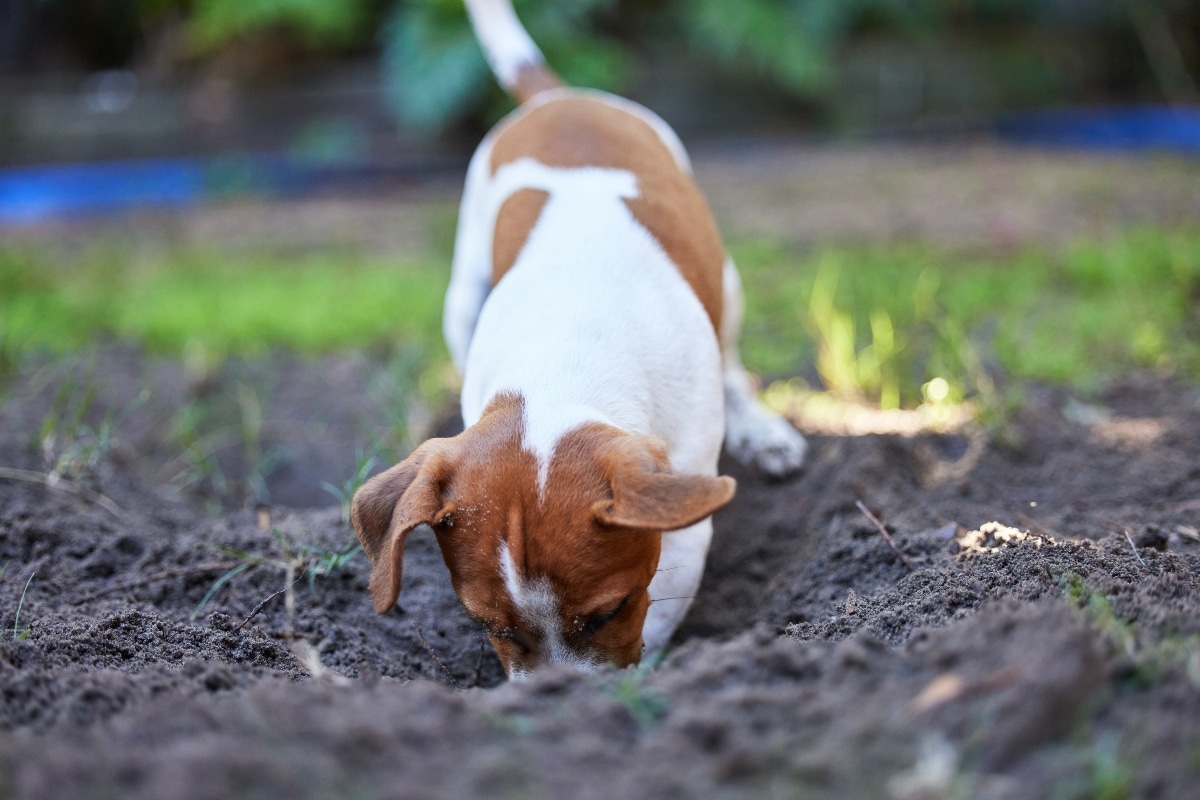 Shutterstock
Shutterstock
While digging can be frustrating for dog owners, it’s important to understand that it’s often a natural, instinctive behavior. Many dogs dig due to boredom, anxiety, or a deep-rooted need to hunt or cool off. If your dog is digging up the yard, consider providing more mental stimulation, exercise, and affection to redirect this behavior. With the right outlets, you can keep your dog happy and reduce the likelihood of digging. After all, a little digging is part of what makes our dogs so entertaining and full of surprises!

 1 month ago
25
1 month ago
25






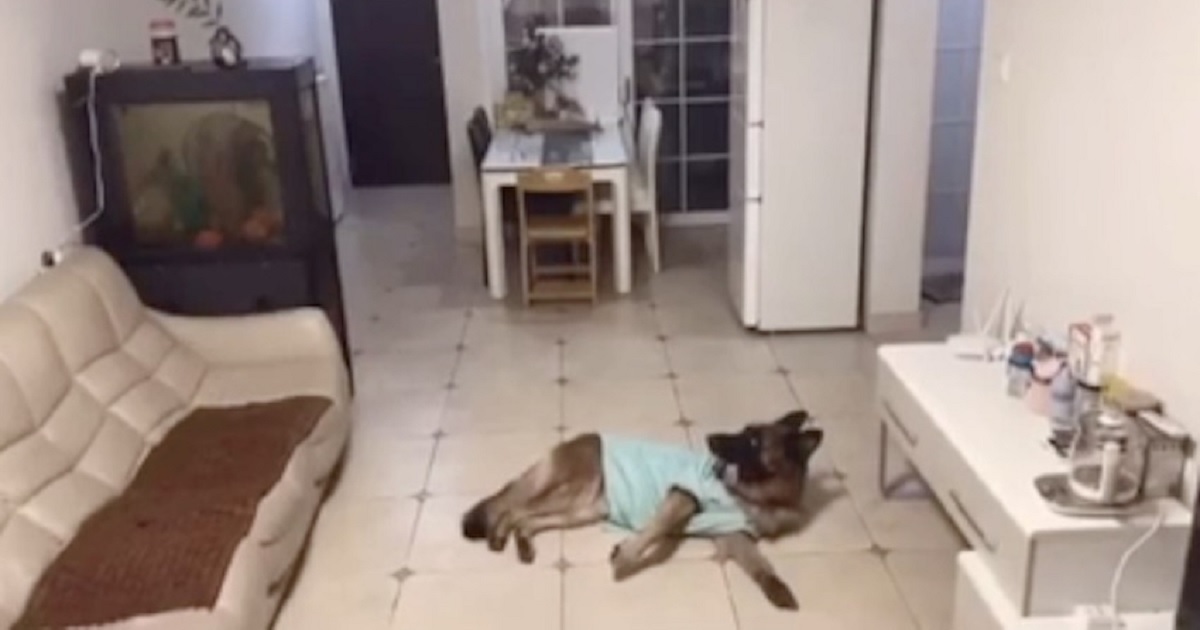

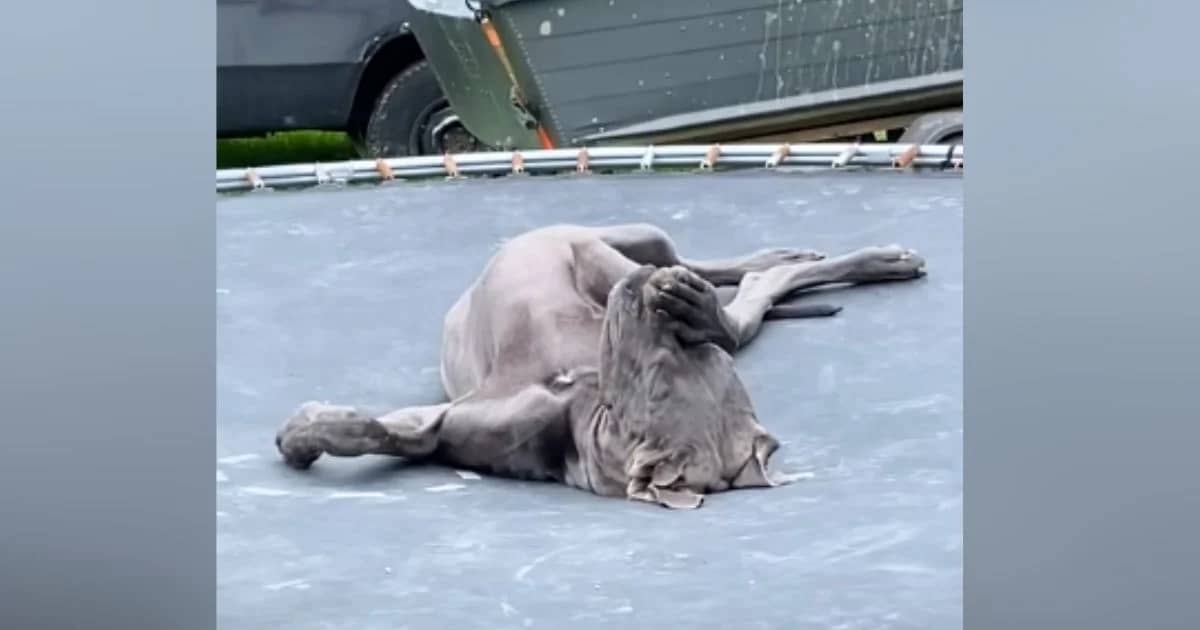


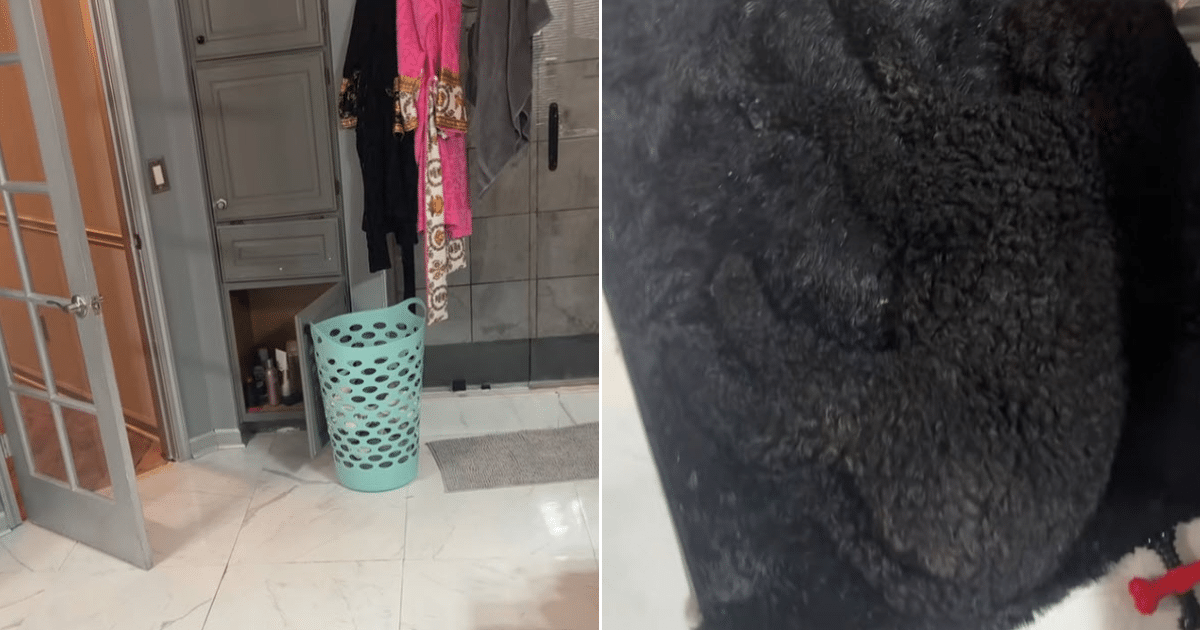






 English (US) ·
English (US) ·